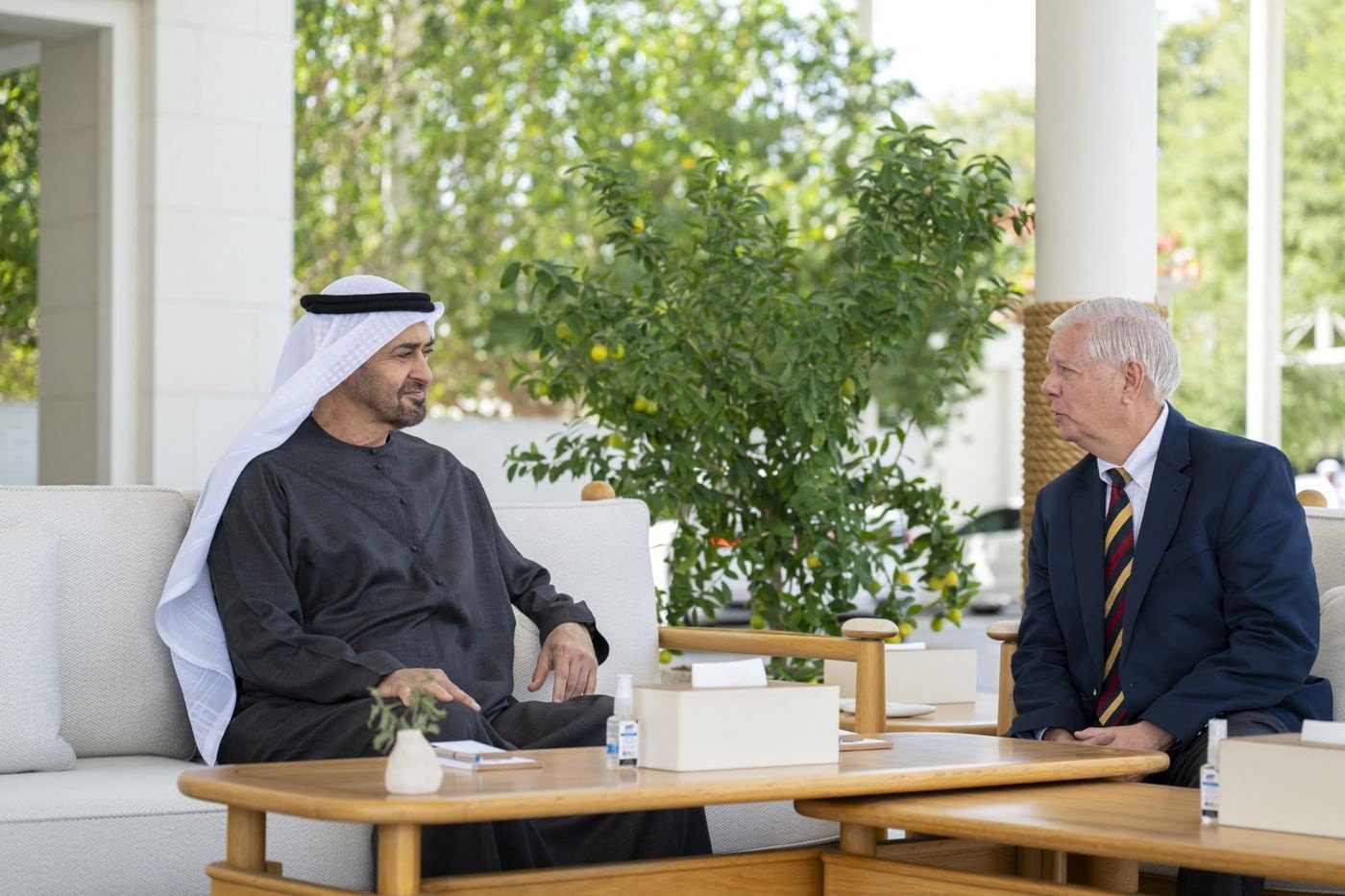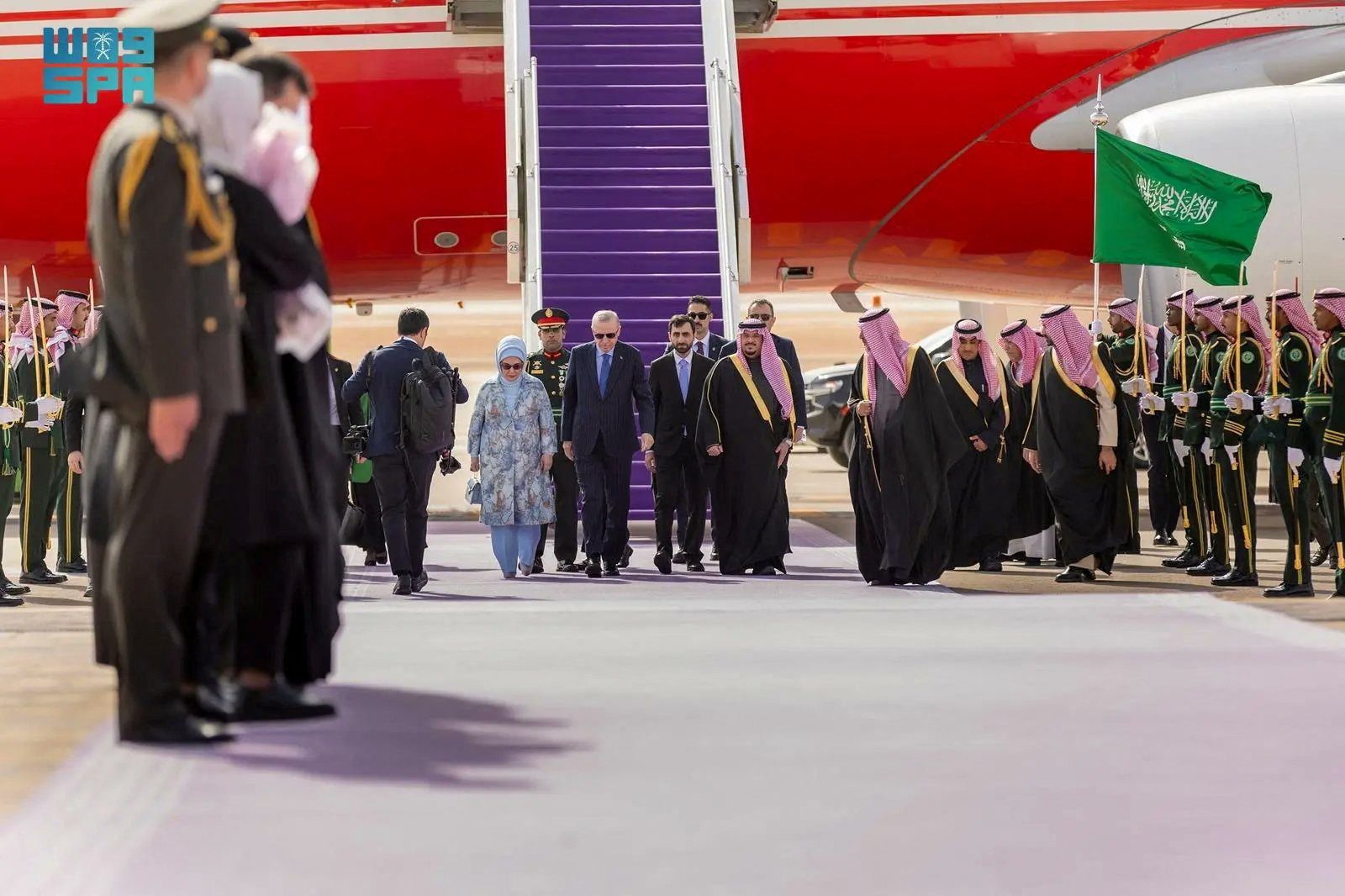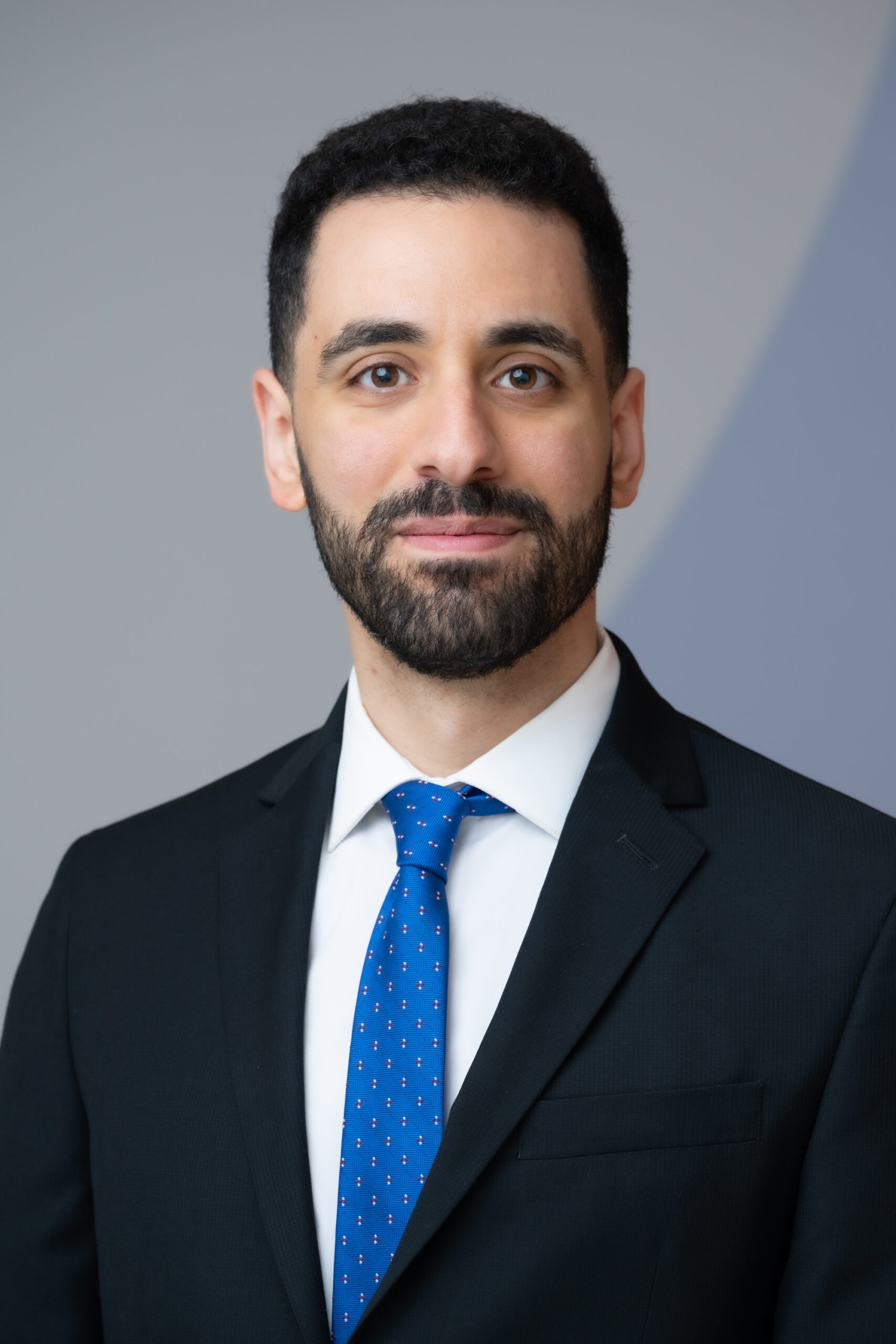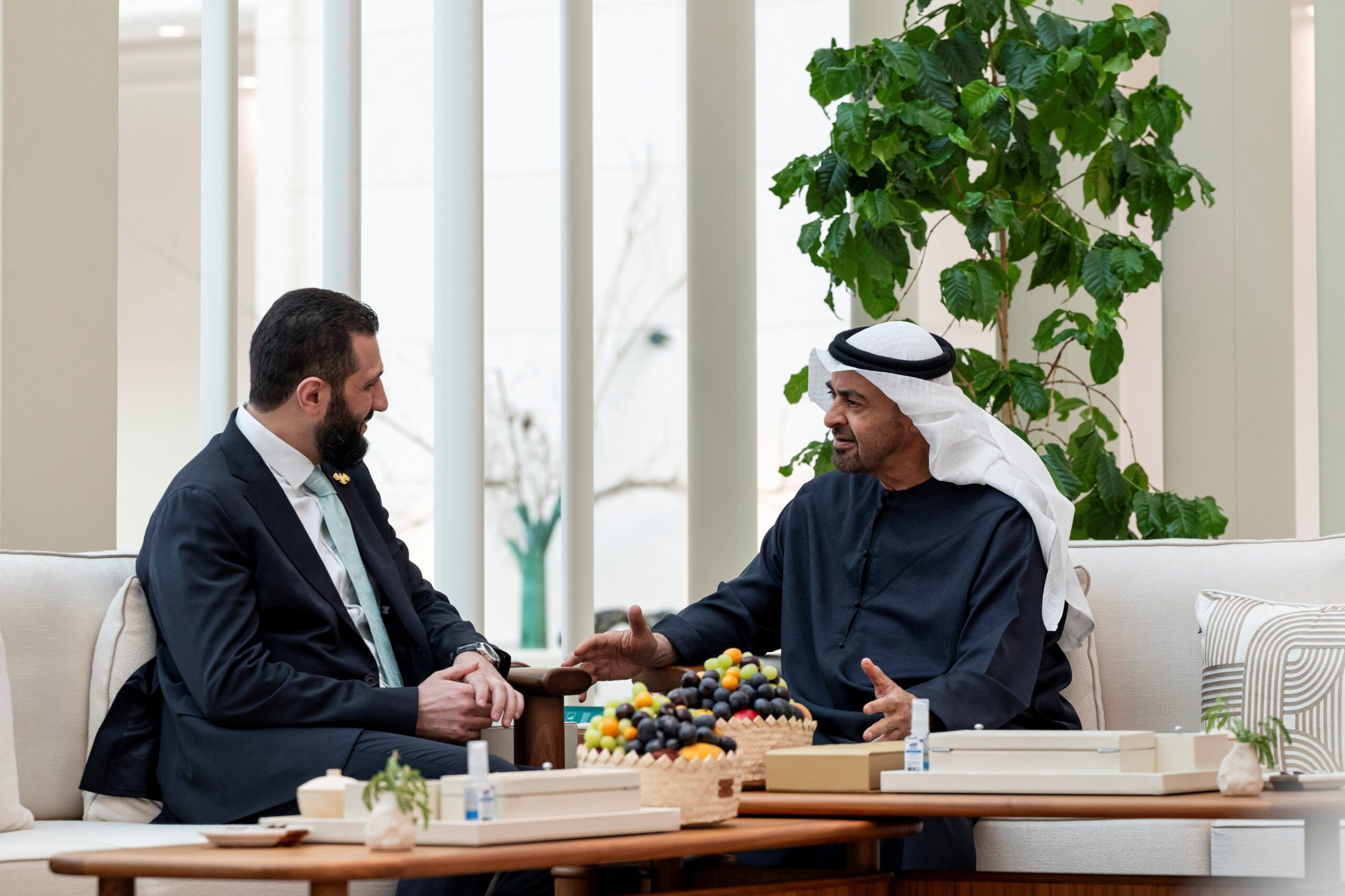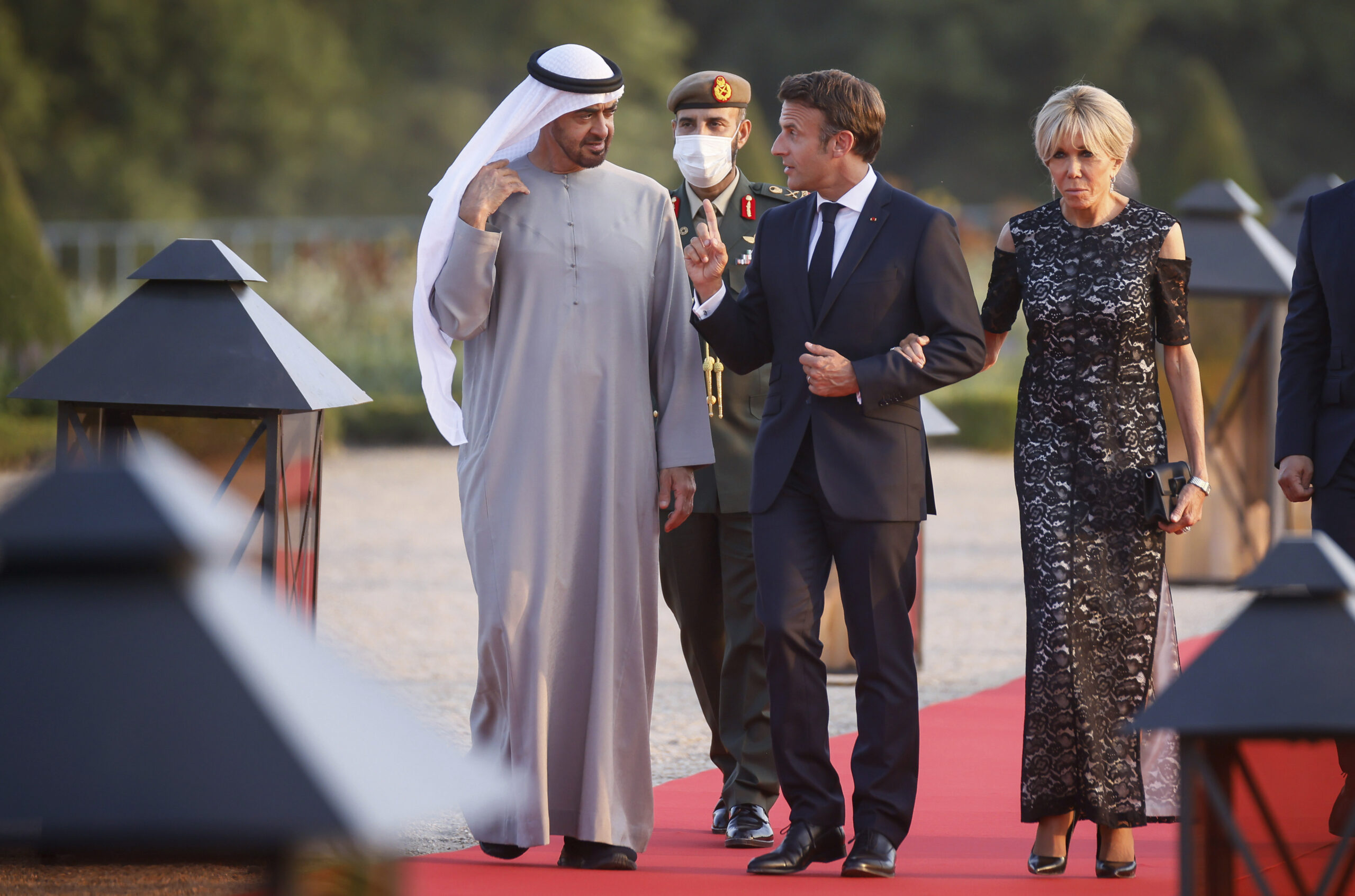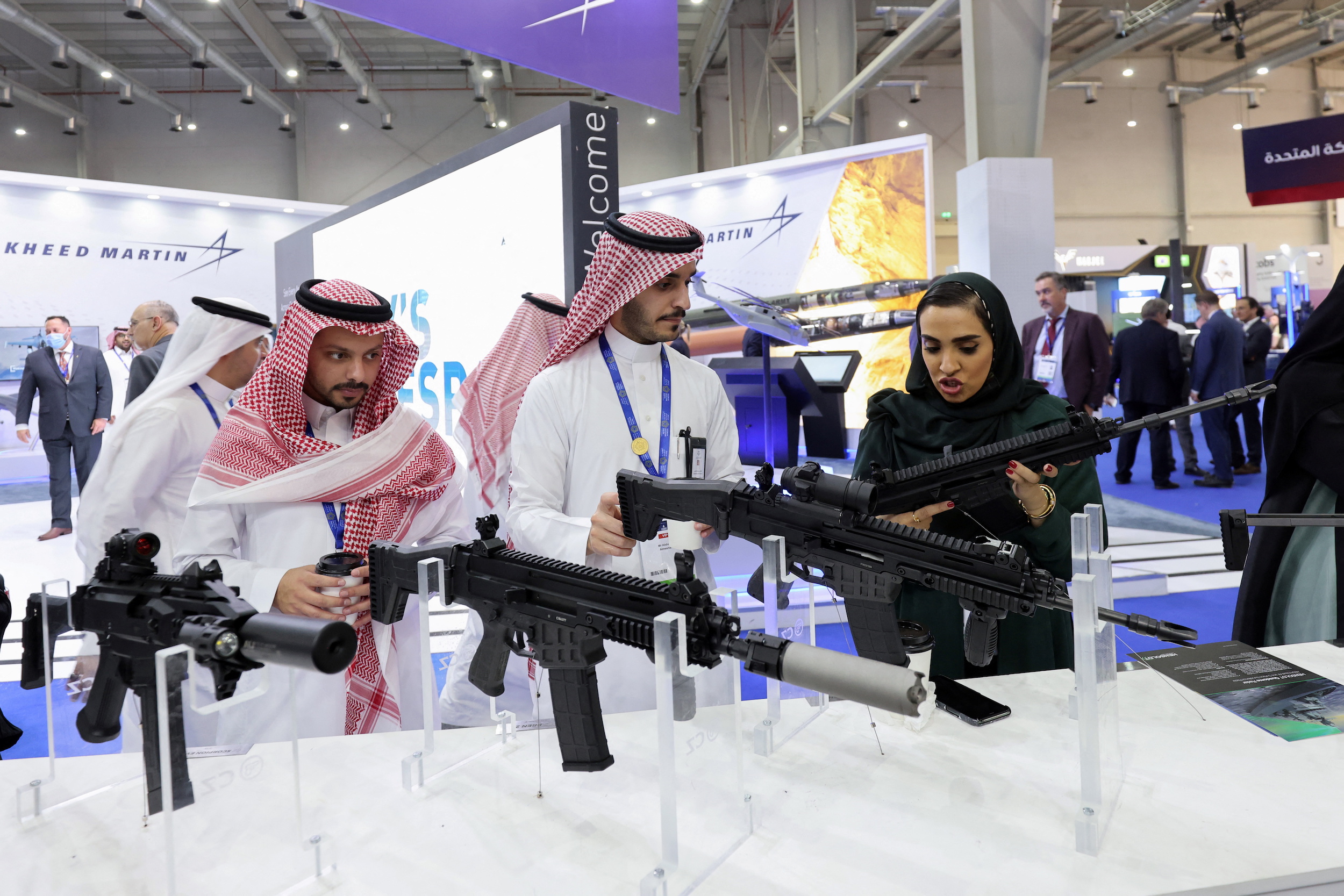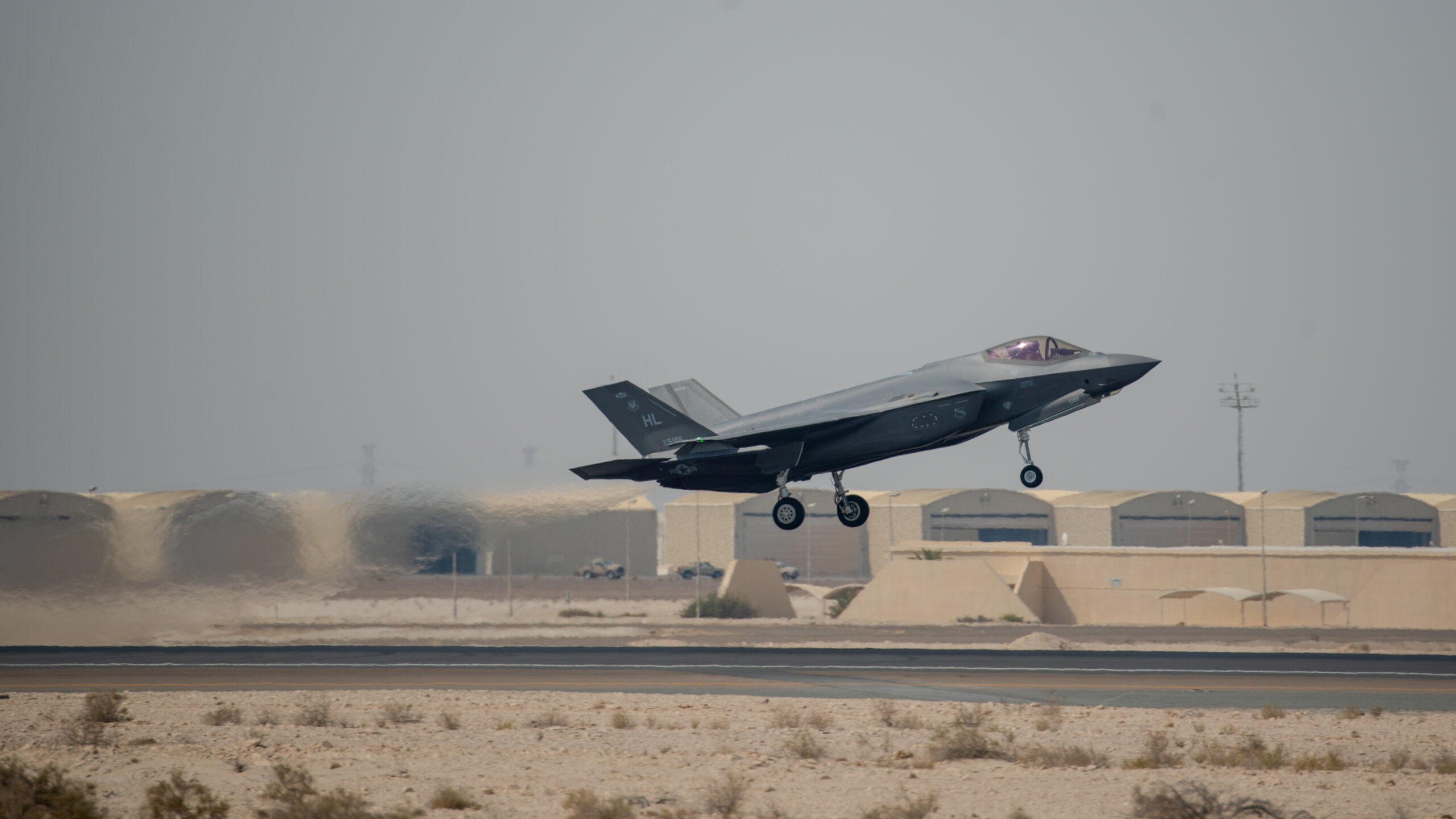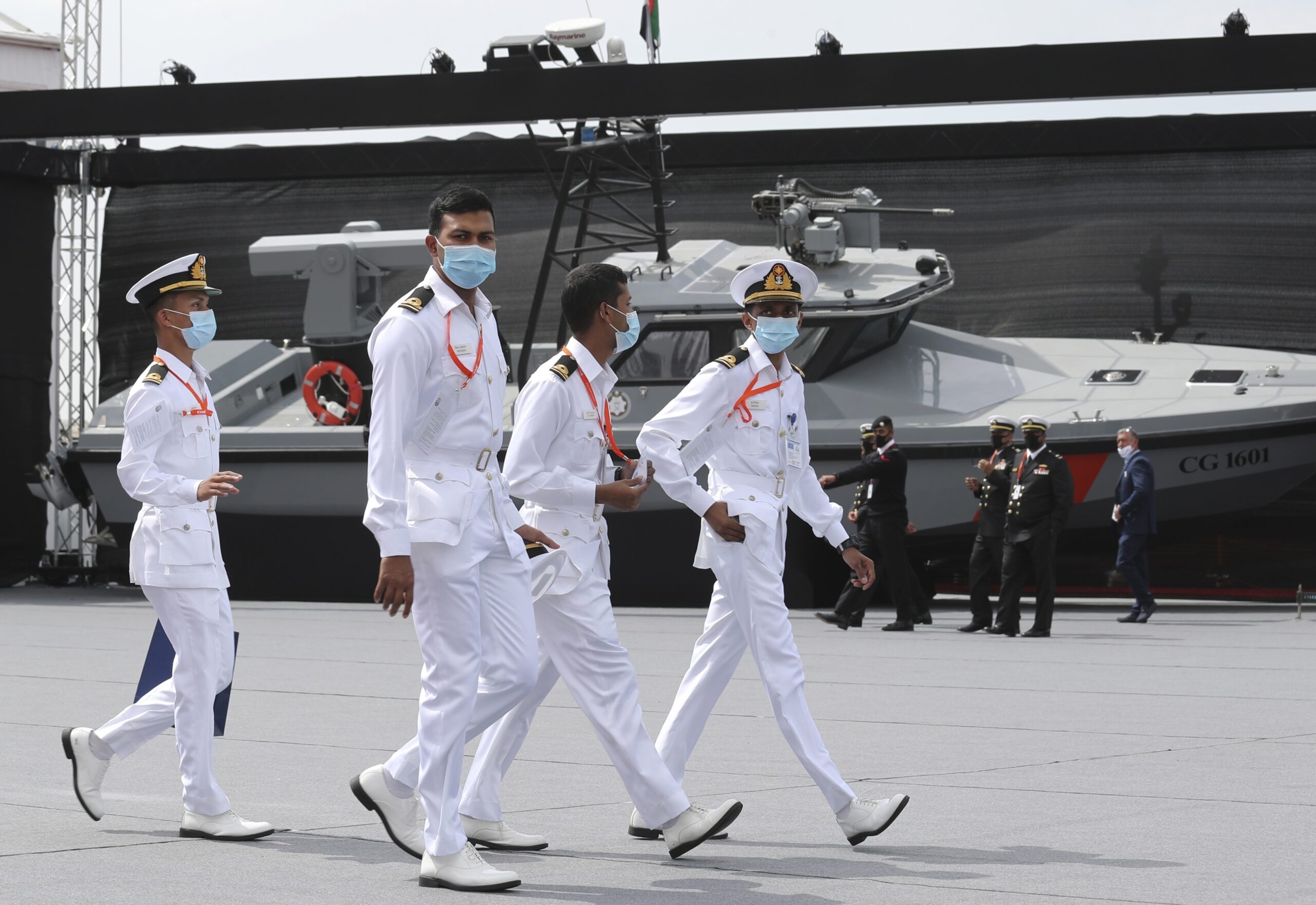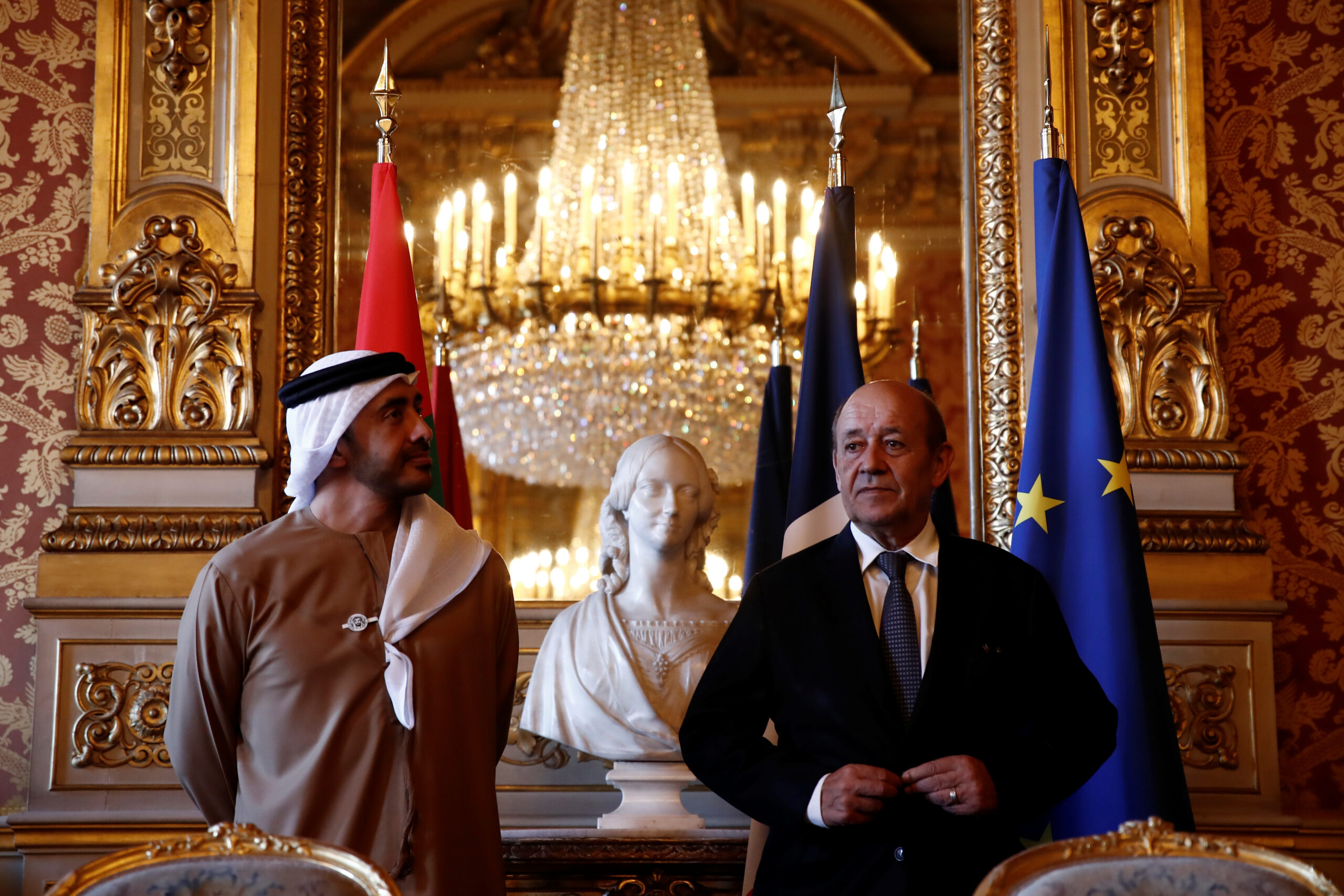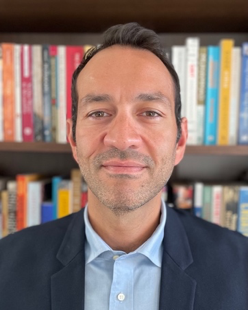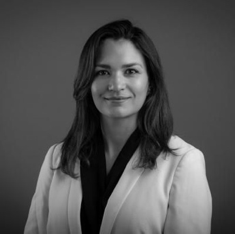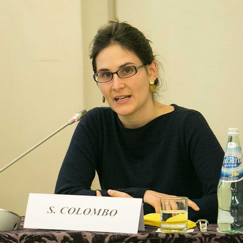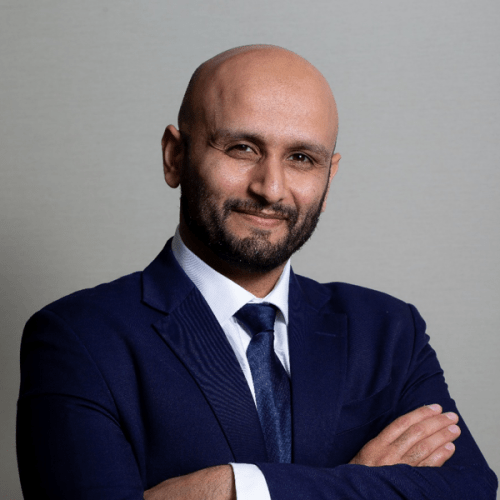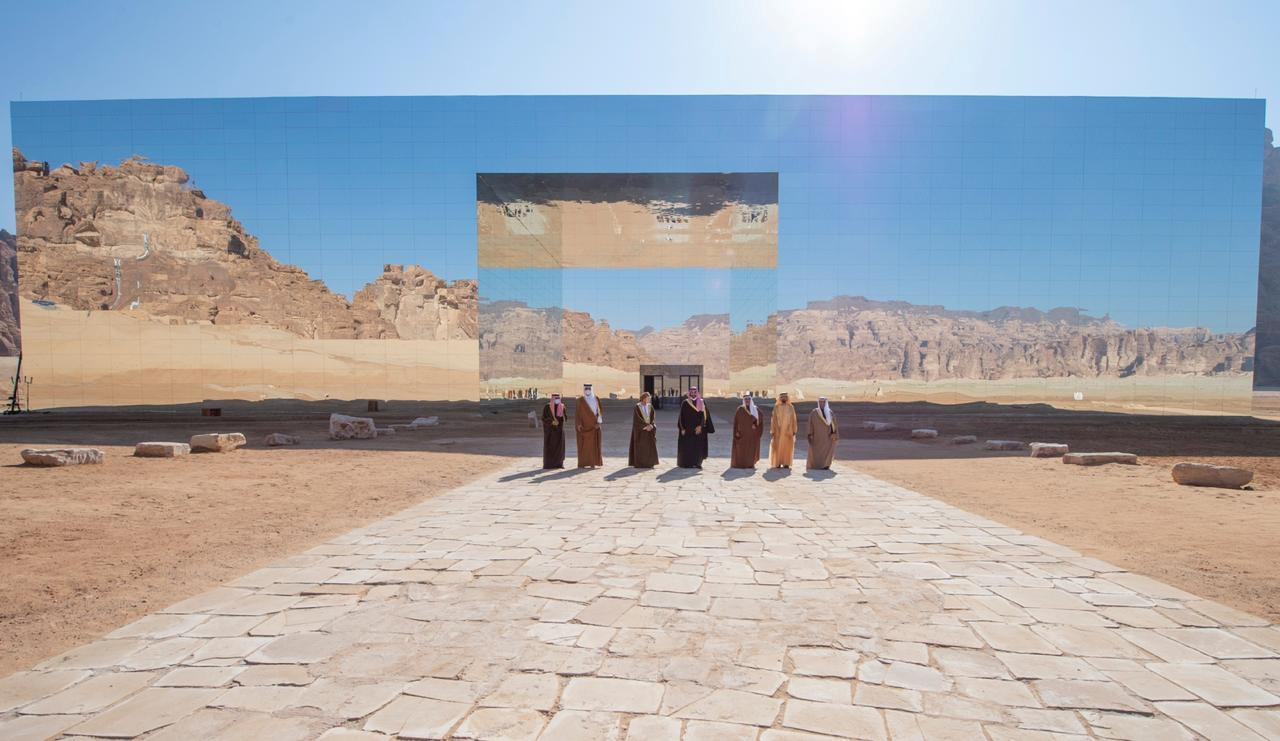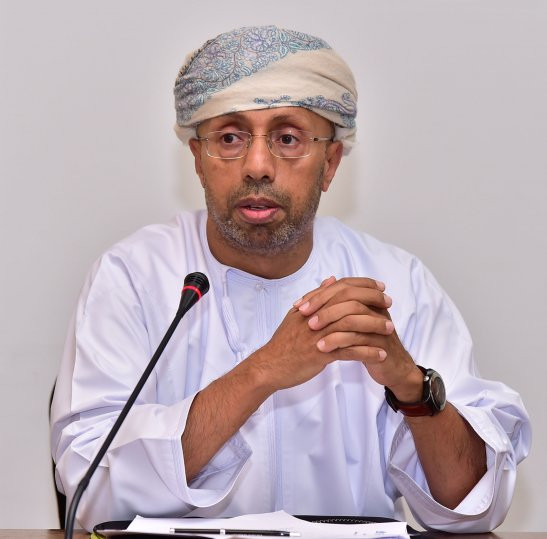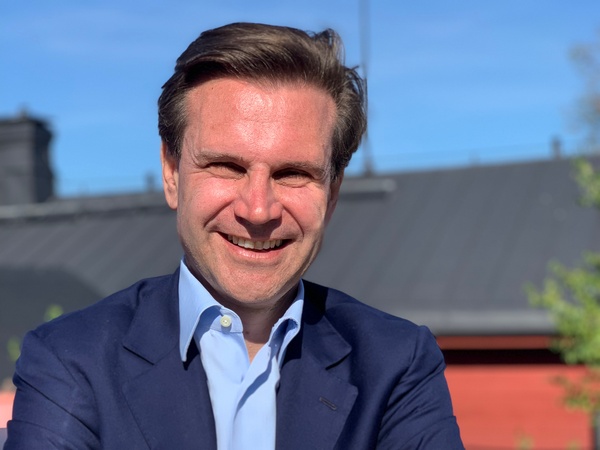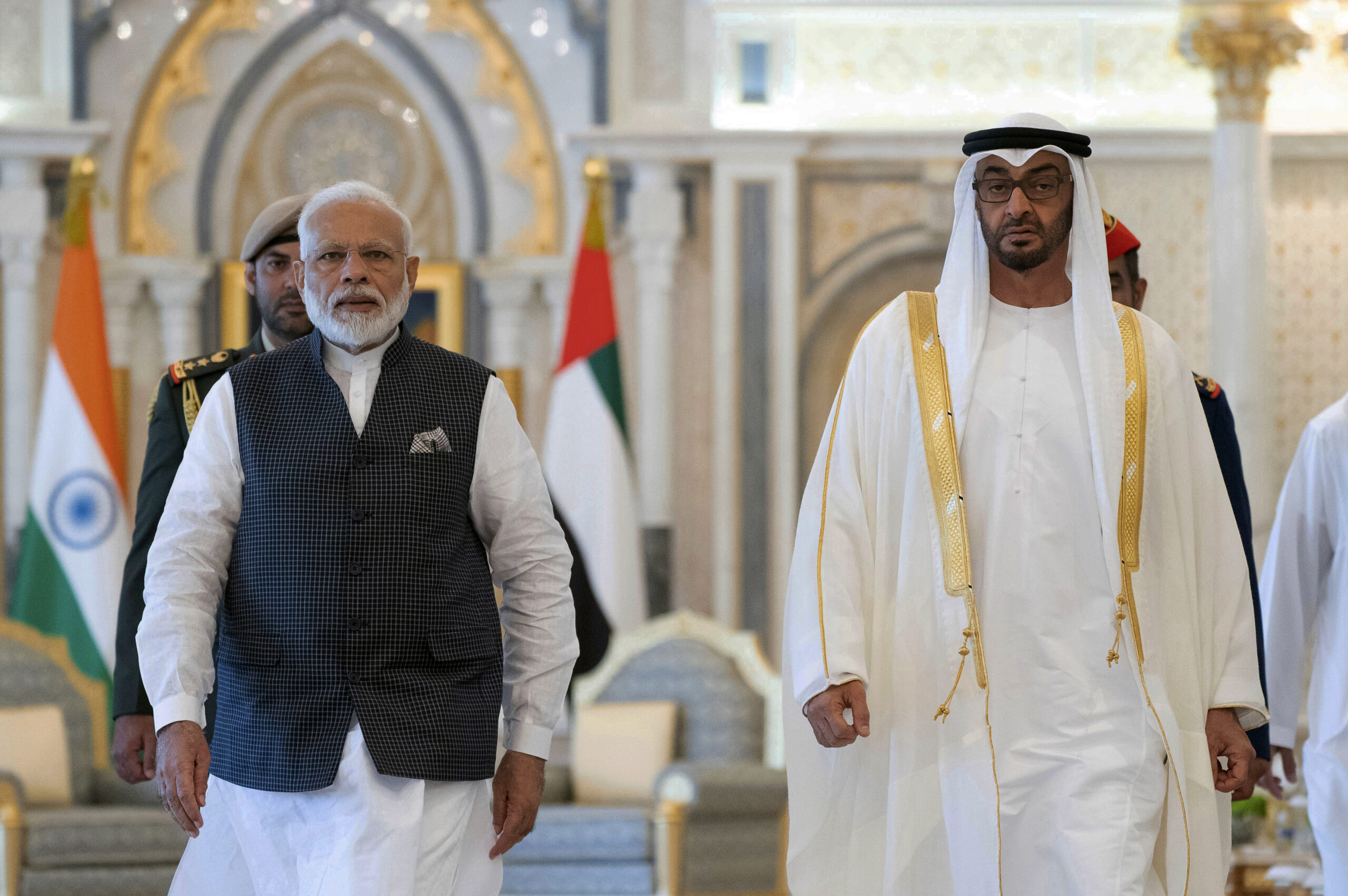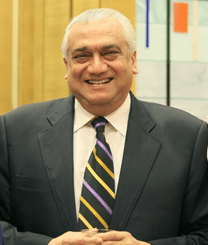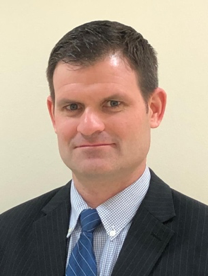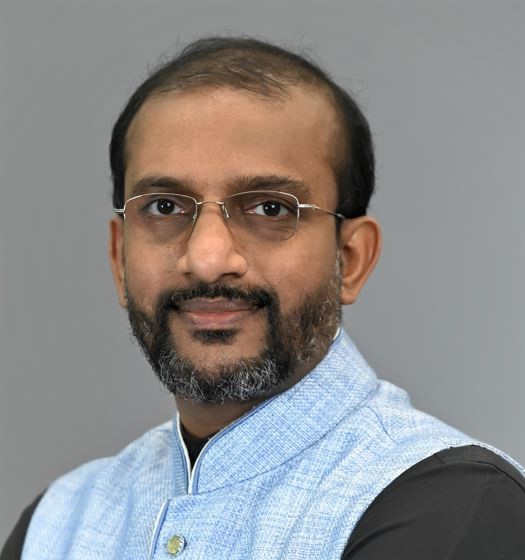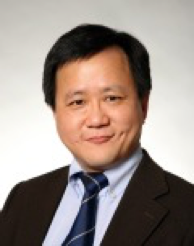The UAE’s Message of Hope, Delivered With a Soft-Power Focus and Some Strategic Hedging
The UAE’s Hope Consortium and Hope Probe illustrate a growing shift from a focus on hard power to a broader consideration of human security and the incorporation of new technologies.
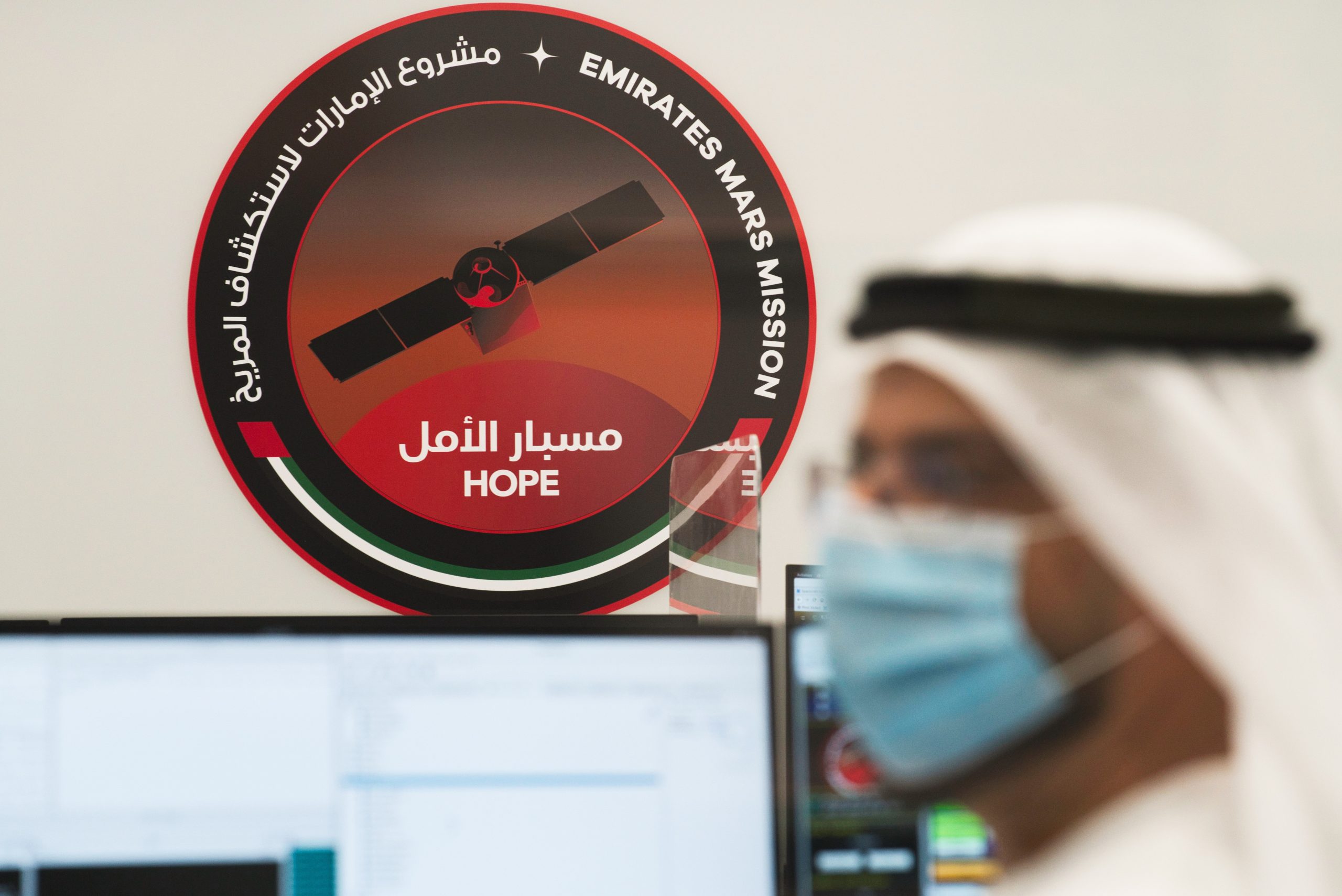
As the coronavirus pandemic has caused a global sense of despair and experts are warning about the mental health “aftershocks,” policymakers and the media alike are trying to convey messages of hope, particularly in the Gulf states. In the United Arab Emirates, this has not only translated into programs to help residents overcome mental challenges but also a general message of hope to the world. This recurring theme is present in two major efforts the country has launched: the Hope Consortium and the Hope Probe. Both initiatives have a domestic (development and diversification) and an external (branding and influence) dimension.
Beyond the common thread of sending a positive message, these two efforts illustrate a growing shift from a focus on hard power over the last decade to a broader consideration of human security and the incorporation of new technologies. They also highlight the multipolarization of partnerships that has been the country’s strategy since the 1990s. The UAE’s message to the world is that: There is hope, the UAE will be a pioneer in finding the solution, and the future will be anchored in the East.
The UAE’s Hope Consortium and Hope Probe have received tremendous media coverage and reflect some of the country’s current priorities. The first is a UAE-based public-private partnership run by Abu Dhabi’s Department of Health to support global distribution of coronavirus vaccines, comprising supply-chain companies such as Abu Dhabi Ports (as the lead partner), Etihad Cargo, Rafed, and SkyCell. Through this project, Abu Dhabi seeks to become the “gateway to the world in mammoth vaccine logistical operation.” The Hope Probe spacecraft was sent on the UAE Mars mission that reached the red planet on February 9. Through this project, the UAE hoped to become a global leader in the exploration of Mars and the broader international deep space race.
Both the Hope Consortium and Hope Probe exemplify the UAE’s efforts to become a hub of technology as a means of economic development and diversification. With the Hope Consortium, UAE Foreign Minister Abdullah bin Zayed al-Nahyan announced the launch of the first coronavirus vaccine production line in the UAE on March 28. In addition, Mohamed Juma Al Shamisi, CEO of Abu Dhabi Ports, highlighted a “total logistics solution” (including blockchain technology to store and supply temperature-sensitive vaccines) to ensure that vaccines travel in the best conditions. The UAE aims to provide vaccines for two-thirds of the global population in need of them. But it has already broken technological ground in its manufacturing and distribution of coronavirus testing kits. Likewise, the Hope Probe illustrates the UAE’s accomplishments in developing “an advanced science and technology sector.”
These two major endeavors also have important implications for the UAE’s international outreach. After a decade of influence in the region and beyond, mostly characterized by a focus on hard-power projection, the UAE seems to be shifting gears to a less military-heavy power strategy. This likely stems from a realization of a need to reprioritize threats (paying more attention to human security challenges) and initiatives to address them. The acceleration of resource allocation to the public health sector, space exploration, food security, and sustainable development may also be associated with the aspiration to project a more positive global image after the damage to its reputation caused by the UAE’s involvement in conflicts in Yemen and Libya. Last, but not least, the UAE leadership is certainly aware of the huge potential there is in being in the leading cohort of global pioneers in science and technology.
In this respect, the UAE’s partners in the two projects highlight the multipolarization of its international relations and the broader Gulf’s pivot to Asia. The Hope Consortium and the UAE’s overall virus diplomacy have exemplified the consolidation and celebration of what Abdullah bin Zayed called the “historic and distinguished relations” between the UAE and China, elevated to a “Strategic Partnership for Humanity.”
The Hope Probe was launched from Japan’s Tanegashima Space Center in July 2020 aboard a Japanese rocket, and its success was praised by Japanese Foreign Minister Toshimitsu Motegi as a reflection of the comprehensive strategic partnership between the two countries. The UAE’s space diplomacy has also relied on strong ties with South Korea, which contributed to the development of the UAE’s first satellites, including the homemade KhalifaSat launched in 2018.
In addition to the pivot eastward, the UAE’s Mars mission also significantly relied on U.S. educational institutions (the University of Colorado; University of California, Berkeley; Arizona State University; and Northern Arizona University), which provided substantial sharing of expertise and technical knowledge. These helped in “jump-starting an interplanetary space program in a nation that, until now, had produced only Earth observation satellites.”
As the UAE focuses on diversifying its investment portfolio and outreach, it seems to be trying to position itself above the intensifying rivalry between the United States and China. The achievement of having its Hope Probe reach Mars orbit ahead of the Chinese and U.S. missions is rather telling of the UAE’s ambition to become a global leader. Moreover, the UAE’s strategic hedging in its relations with China and the United States has also been clear in its vaccine diplomacy. The UAE has approved vaccines developed by Europe’s AstraZeneca, the United States’ Pfizer, and China’s Sinopharm; it has also granted emergency authorization to Russia’s Sputnik vaccine. On this front, the UAE’s cooperation with China is still far ahead. For example, Sinopharm and Group 42 (the Abu Dhabi-based artificial intelligence and cloud-computing company) teamed up to launch the rebranded vaccine Hayat-Vax and make millions of doses to send a “lifeline” (hayat means “life” in Arabic) to the developing world.
Within this balancing act to establish itself as an autonomous actor amid reshaping international dynamics, an interesting feature of the UAE’s diplomacy has been its reliance on partnerships established with private actors. This is particularly visible in its virus diplomacy. Since 2011, the UAE has partnered with the Bill & Melinda Gates Foundation to “support the distribution of life-saving vaccines where they are needed most,” notably helping in the eradication of diseases such as polio and malaria worldwide. And in 2020, an agreement to send testing kits donated by the UAE to Nevada followed discussions between Group 42 and the private-sector Nevada COVID-19 Response, Relief and Recovery Task Force. This, however, led to quiet warnings by diplomats and security officials to the state of Nevada not to use the Chinese-made kits (manufactured by the BGI Group) “over concerns about patient privacy, test accuracy and Chinese government involvement.”
The UAE is making the most of the world’s growing multipolarity and the increasing privatization of geopolitics to solidify its expanding role on the international stage. It remains to be seen what this entails for some of the UAE’s bilateral relations, particularly with the United States as Washington commits to “countering and confronting” Beijing.
The views represented herein are the author's or speaker's own and do not necessarily reflect the views of AGSI, its staff, or its board of directors.


